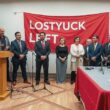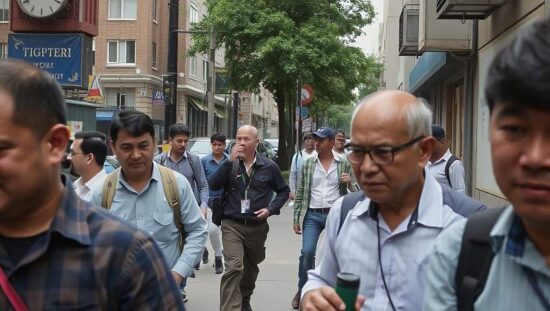Germany’s political landscape is witnessing a renewed intensity in the debate surrounding urban transformation, with Interior Minister Alexander Dobrindt aligning himself firmly with Chancellor Friedrich Merz’s controversial remarks. Merz recently stated that illegal migration is demonstrably altering the character of German cities – a perspective Dobrindt has now publicly endorsed, characterizing it as “the normal feeling of many people” and a “fact.
The Chancellor’s statement ignited immediate backlash, with accusations of racism leveled by left-leaning and Green parties. Dobrindt dismissed this criticism, arguing that a government unable to articulate widely held sentiments due to social media pressure fosters political disillusionment and inadvertently strengthens extremist movements. He suggests a growing disconnect between the political elite and public concerns.
Dobrindt further defended the current government’s approach, dubbed the “migration turnaround” claiming it aims to significantly ease the burden on municipalities, kindergartens, schools and the healthcare system. He framed this policy shift as a matter of respect and responsibility towards the nation, however critics question the factual basis and potential unintended consequences of such broad-stroke measures. The use of phrases like “easing the burden” raises concerns about shifting responsibility and potentially overlooking the systemic issues contributing to strain on public services.
The episode underscores a widening rift within German society and a growing willingness among conservative voices to openly discuss the perceived impact of migration. While Dobrindt casts the policy as a response to societal pressures and a demonstration of responsible governance, analysts suggest that the rhetoric risks further polarizing the discourse and obscures the complexities surrounding integration and urban development. The episode raises fundamental questions about the mandate of elected officials to express concerns and the acceptable boundaries of political debate in a rapidly changing Germany.





